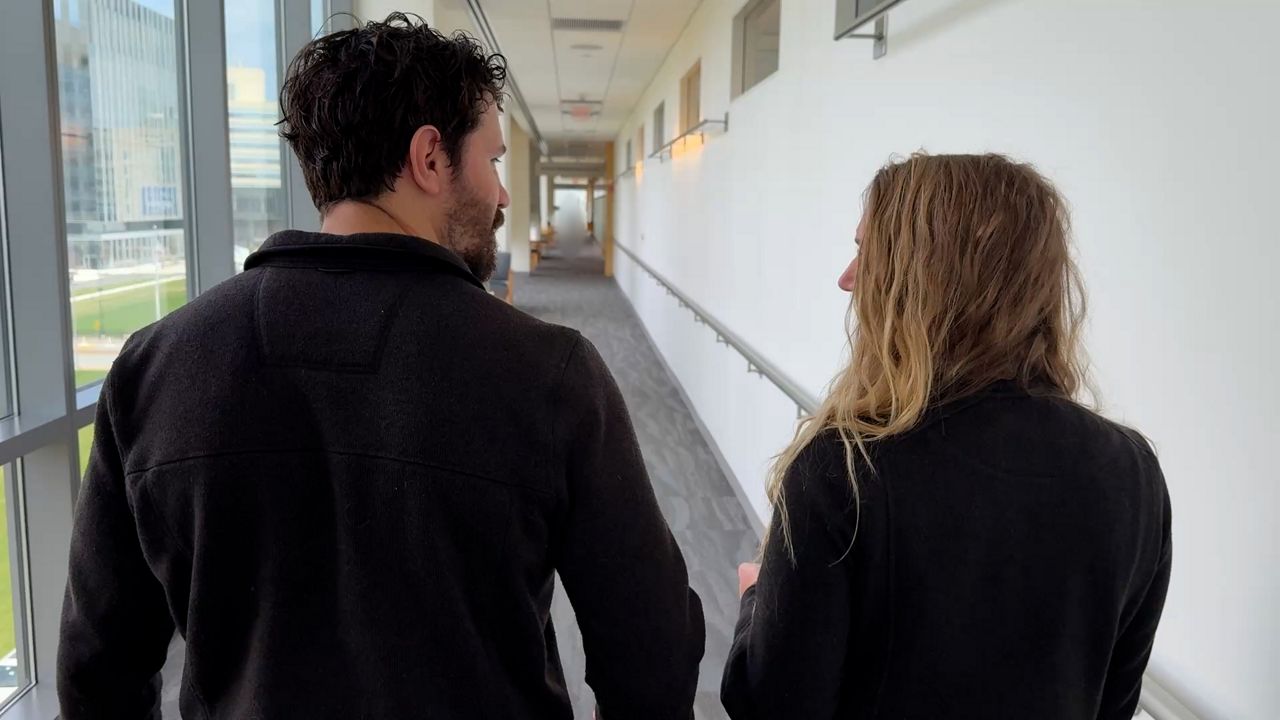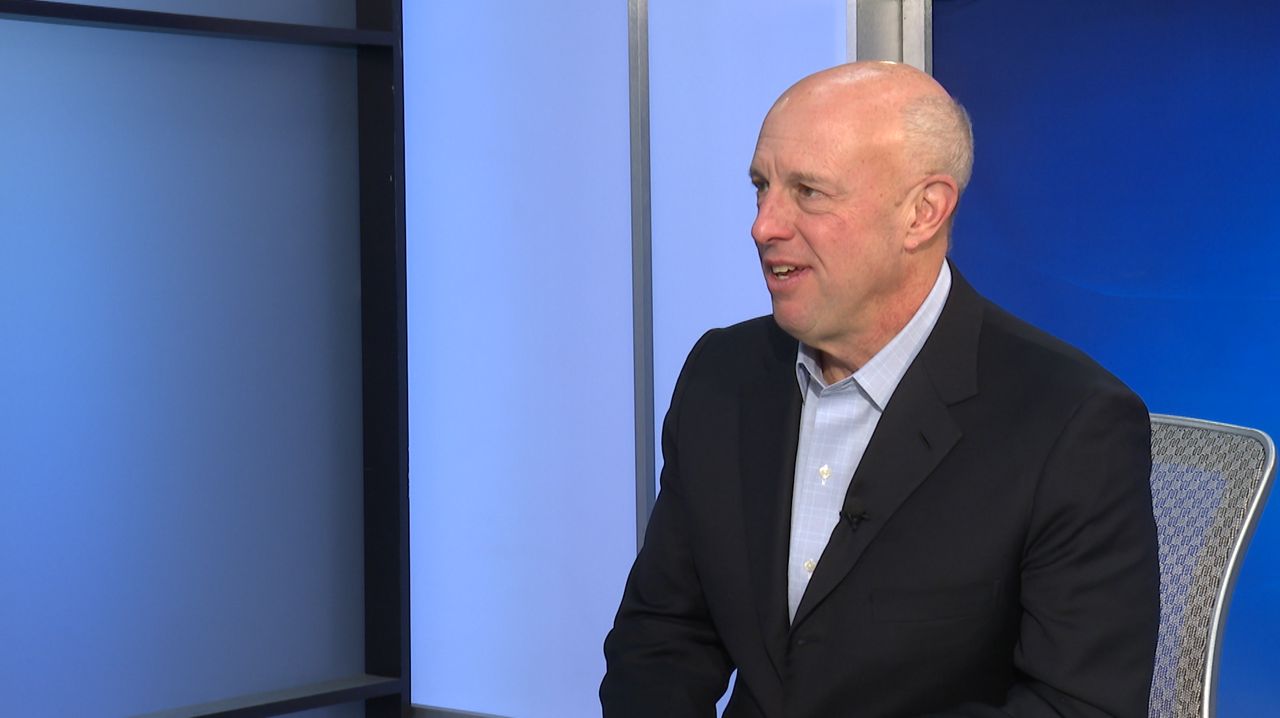WORCESTER, Mass. — Dr. David Harlan says he is a man of very few passions.
“Abraham Lincoln, the Beatles, and type 1 diabetes,” he said.
Dr. Harlan has made it his life’s mission to find a cure for type 1 diabetes.
What You Need To Know
- Dr. David Harlan was appointed as director of the JDRF Center of Excellence in New England.
- Dr. Harlan and his team at UMass Chan Medical School are working on a cure for type 1 diabetes.
- He points to the rising number of people living with the disease across the world as a significant concern.
- Dr. Harlan describes himself as ‘optimistic’ when looking at the work coming from their lab.
Harlan is the co-director of the Diabetes Center for excellence at UMass Chan Medical School. But his recent appointment to director of the JDRF Center of Excellence in New England allows his team to focus on making progress towards the cure.
“If we can cut to the chase, and generate in the lab an unlimited supply of insulin-producing cells and make those cells resistant to anti-immune destruction, we would potentially have the cure,” Dr. Harlan said.
Harlan has been studying the disease for nearly 40 years.
He says there’s at least a million Americans with type 1, and the numbers keep growling.
“One of the enigmas in the field is for reasons we don’t understand, the incidence, the rate of new individuals being diagnosed has gone up precipitously over the last 20 years worldwide,” Dr. Harlan said.
Harlan says his interest in diabetes started in medical school, but it became personal last year, when his 30-year-old son was diagnosed.
He describes the disease as a silent tidal wave overtaking the health care system, but says the work in their lab is promising.
“Insulin-producing cells produced through the technology that Dr. Melton developed have now been put into a human being with type 1 diabetes and that person was able to come off insulin,” Dr. Harlan said. “Now the caveat is that individual needed immunosuppressive drugs.”
So how close are Harlan and his team? He’s optimistic, and also very cautious when asked questions about a cure. But he did say this.
“Now, we can grow those cells in a test tube,” he said. “We have genetic tools where we can begin to alter those cells in a way that makes them resistant to immune response.”










